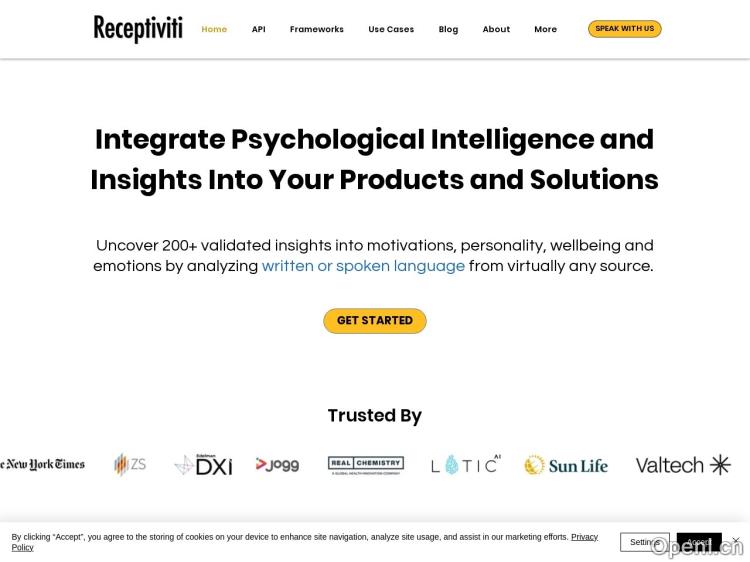
Is Trading in the Zone Still Relevant in 2024 Markets?
“Master your mind, master the markets.” Trading has never just been about charts, indicators, or breaking news feeds. In the heat of the market—when positions are in the red or profits are slipping through your fingers—what decides your fate isn’t the market’s movement, it’s the way you think. That’s the heartbeat of Trading in the Zone, Mark Douglas’s 2001 classic. But here’s the lingering question for 2024: in a world dominated by AI-driven strategies, decentralized finance, and lightning-fast execution, does a decades-old book about trading psychology still matter?
The Core Idea That Refuses to Die
Douglas’s premise is straightforward yet stubbornly relevant: consistent profitability isn’t a product of predicting the market, it’s the result of cultivating a mindset that treats every trade probabilistically. You stop trying to be “right” every time and focus on managing risk, emotional discipline, and long-term consistency.
I’ve seen traders in 2024 using AI bots, algorithmic scripts, and even neural network setups—but they still blow accounts for the same reason as in the early 2000s: overleveraging after a win, revenge trading after a loss, panic selling at the worst possible moment. Technology changes; psychology does not.
Prop Trading in the Modern Era
Prop trading firms today are a different beast compared to even five years ago. Many now offer multi-asset portfolios:
- Forex with near-zero spreads and insane liquidity
- Stocks and indices streamlined through global exchanges
- Crypto 24/7, high volatility playground
- Options for flexible hedging or speculation
- Commodities feeding off global macro trends
The barrier to entry has dropped: remote evaluations, instant funding approvals, and performance dashboards accessible from your phone. Sounds like paradise… until your mental game collapses under pressure. At a prop desk, nobody cares if your entries are “perfect” — they care about whether you can stick to your plan in a choppy week, or after missing a big run. This is where Trading in the Zone still feels like a trading bible.
Advantage in Learning Across Asset Classes
A trader who jumps from forex scalping to swing trades in commodities or crypto often thinks strategies must shift dramatically. In reality, what must shift most is perception:
- Probabilistic thinking keeps you calm when gold spikes $30 against you in minutes.
- Process over outcome prevents emotional spirals after losing on an option expiry.
- Self-awareness keeps you from overtrading Bitcoin at 3am just because “the chart looks alive.”
Mastering this mindset translates regardless of asset type. Whether you’re trading oil futures or Solana tokens, your edge still depends more on how you handle uncertainty than how fancy your trading indicator looks.
DeFi’s Promise and Its Psychological Trap
Decentralized finance has made trading more open than ever. Smart contracts let you enter or exit trades without a central authority; liquidity pools allow passive yield without touching the traditional banking system. It’s a dream for independence, but the lack of guardrails means traders face constant temptation to YOLO capital into high APY schemes without proper risk controls.
Platforms evolve—mental traps do not. Trading in the Zone’s advice to treat every trade as just “one of many” is a direct antidote to the fear of missing out (FOMO) that wrecks many DeFi newcomers.
AI, Smart Contracts, and the Future Mindset
AI-driven trading surfaced as the 2024 headline trend: bots adjusting positions in milliseconds, machine learning models predicting volatility shifts. Yet, no machine can save you from self-sabotage. It’s still on you to set parameters, respect stop-losses, and prevent your own interference when the bot hits a losing streak.
Smart contract-based trading will likely grow as compliance costs rise in centralized markets. But again, whether your system is running on Ethereum or an institutional prop desk server, mental discipline anchors your success.
Why Trading in the Zone Still Sells in 2024
People change brokers. Strategies evolve. Tech leaps ahead. But every boom/bust cycle proves the same truth: the battle is inside your head. The traders who adapt, detach emotionally from individual outcomes, and embrace uncertainty are the ones who survive. Douglas’s language might sound old-school, but the principles are timeless.
Campaign slogan: “In the Zone—Not in the Noise.” Because no matter how fast, decentralized, or AI-enhanced the market becomes, mental discipline is still your ultimate edge.
If you’re trading prop firm funds, juggling multiple asset classes, or riding DeFi’s next wave, here’s the simplest advice for 2024: invest in your psychology like you invest in your strategy. Charts tell you what the market is doing; your mindset decides how you respond. And in that, Trading in the Zone isn’t just relevant—it’s the quiet weapon behind the traders who keep showing up year after year.
If you want, I can also give you a shorter, punchy version for social media that would work as a teaser to drive readers to this full article. Do you want me to do that?

